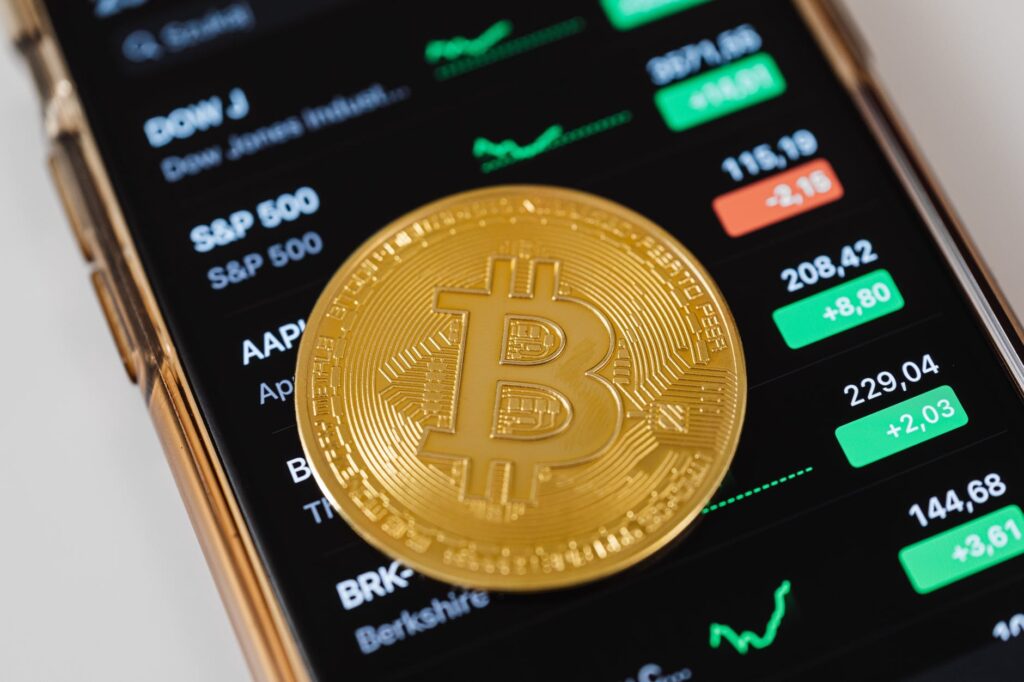In 2008, when Bitcoin, the first cryptocurrency was invented, the world economy has irreversibly changed. According to some estimates, as of March 2024, the total number of cryptocurrencies is worth around $231 billion. From that stems part of its impact on the global economy.
For more detailed analysis, you can visit readersdigest.co.uk and below, we will try to explain what we believe are the possible ways the digital assets can change the world economy.
As digital money which are being transferred though electronic payment systems they have the potential to completely replace the fiat currencies. Will it ever happen? We cannot know for sure how feasible that is, but so far, they have proven to be a great alternative for money that offers many advantages over the regular banking options. They offer privacy, remote access, peer-to peer network validation and securement of the transactions and account balances, and they transcend the countries’ borders. There are many of them, with Bitcoin being the best known, also Litecoin, Ethereum, XRT, Ripple, Thether – just to name a few other popular ones, but the list goes on.
Unfortunately, even though the research on digital currencies is growing, so far, there is relatively little insight of their economic relevance. However, as they get more wide spread and grow in value, questions arise about how they will impact the economies and what changes they will bring upon the currently established financial systems. They are perceived as somewhat controversial and for long have been a hot discussion topic since inherently, they have the prospect to dramatically change the world economy.

As virtual money, they are a medium of exchange that can be utilized in all sorts of payments, with the backing of cryptographic protocols securing the valid transfer of value. As such, they are great financial tools that are becoming more widely acceptable, valid method of payment even though they are facing skepticism and political barriers.
They support transactions without the need of a third party regulating and protecting its value. Namely, they don’t need a centralized intermediary or a governing body, neither are backed by any other commodity such as gold or the world’s dominant reserve currency – the dollar.
As you probably already know, the transactions are recorded using blockchain technology – an open, distributed, public ledger between the network of users. It is managed by the users of the system who validate the ongoing payments using certain encryption protocols. This process is called mining and it is a resource-intensive competition to promptly update the transactions records, with that, guaranteeing the transaction settlement.
The users who do this work are called miners of the digital coins and they perform it by using special computers with enormous computing power and ultimately get their reward from the network for completing these complex calculations that validate the new blocks of transactions and add them to the blockchain. The transactions are encoded for safety, yet are publically available, ensuring transparency. With this, they are relying on the competition to update the blockchain by costly mining and by delaying settlement. This is a stark difference with a centralized intermediary, such as a bank, which ultimately exerts a lot control over the money and the way they are being moved between individuals or accounts.
One of the advantages is that cryptocurrencies cannot be counterfeit or double-spent as the transactions are encrypted and every active wallet has a copy of the blockchain containing this information, so it cannot be secretly and unnoticeably altered. They are complex, digital and automatized, so the risk of fraud is reduced to a minimum. That way, they cannot be manipulated, and that may lead to a decrease in the incidence of corruption.
In countries with poor banking services, people are more prone to resorting to suspicious or even illegal lending practices with unfair interest rates which may even worsen their financial situation. In such environments, digital coins would be a much safer and far more reliable option because they offer easy and safe access to capital and financial services, independent from the banks. They are an alternative which has practically disrupted the way in which the traditional financial systems operate. That way, they can enable both social and economic growth, particularly in these developing countries with poorly developed banking systems.
Many applications and other kind of software is being developed around their trading – another area in which additional workforce will be necessary, opening new job vacancies, and they facilitate the use of digital currency by making it more accessible. That way, with these tools, many people will be financially better connected and empowered.
Since cryptocurrency is decentralized, trading and transactions across borders aren’t an issue and don’t impose significant fees. In general, the fees associated with trading and payments are minimal as there are no employees or rent to be paid. On a worldwide scale, this kind of trading brings economies closer together, and promotes local economic growth and inclusion, transcending borders with minimal effort and fees.

Cryptocurrencies can help freelancers and entrepreneurs to get paid in digital and then convert those payments in fiat currencies, stimulating cash inflow in their countries from other places, adding to the local economy. That way, they are able to receive better financial coverage and better economical connections with the rest of the world.
Virtual currencies offer a safe way to store money, to get paid or to buy, regardless of your location. They also provide a sense of security and privacy as you can remain completely anonymous, without the typical KYC affairs. Digital coins are accessible through a private key or a password.
Even though these are very significant advantages, there are problems with the digital currencies that need to be addressed and overcome in the future. They are quite volatile – their prices fluctuate, so naturally, that causes concerns. Also, the absence of regulations and guarantees carries a risk of individuals who might want to take advantage of this system.
They are a multifaceted concept which can be used to advance societies and improve economies in ways we cannot even conceive, but first, cryptocurrencies have to be approved by all governments and become universally accepted, which should lead to their stabilization and rooting in the ever-changing global economy.
